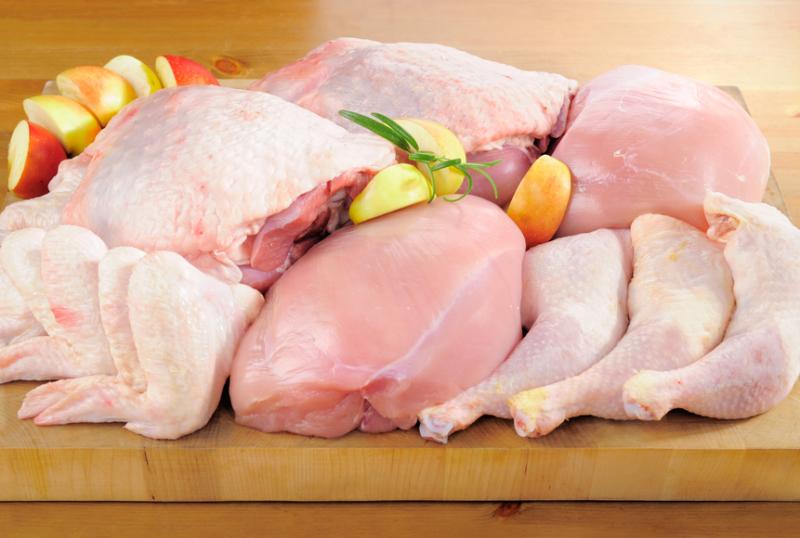
According to the Ministry of Agriculture, the country is 80% self-sufficient in socially important food products. And our market is dependent on imports for only six types of foodstuffs. One of them is poultry, over 40% of which is imported.
When will we be able to fully provide ourselves with domestic products? What prevents the development of poultry farming in Kazakhstan? World of NAN talked to Ruslan Sharipov, president of the Kazakhstan Union of Poultry Farmers, about this on the platform of the international agricultural exhibition AgriTek / FarmTek Astana-2021.
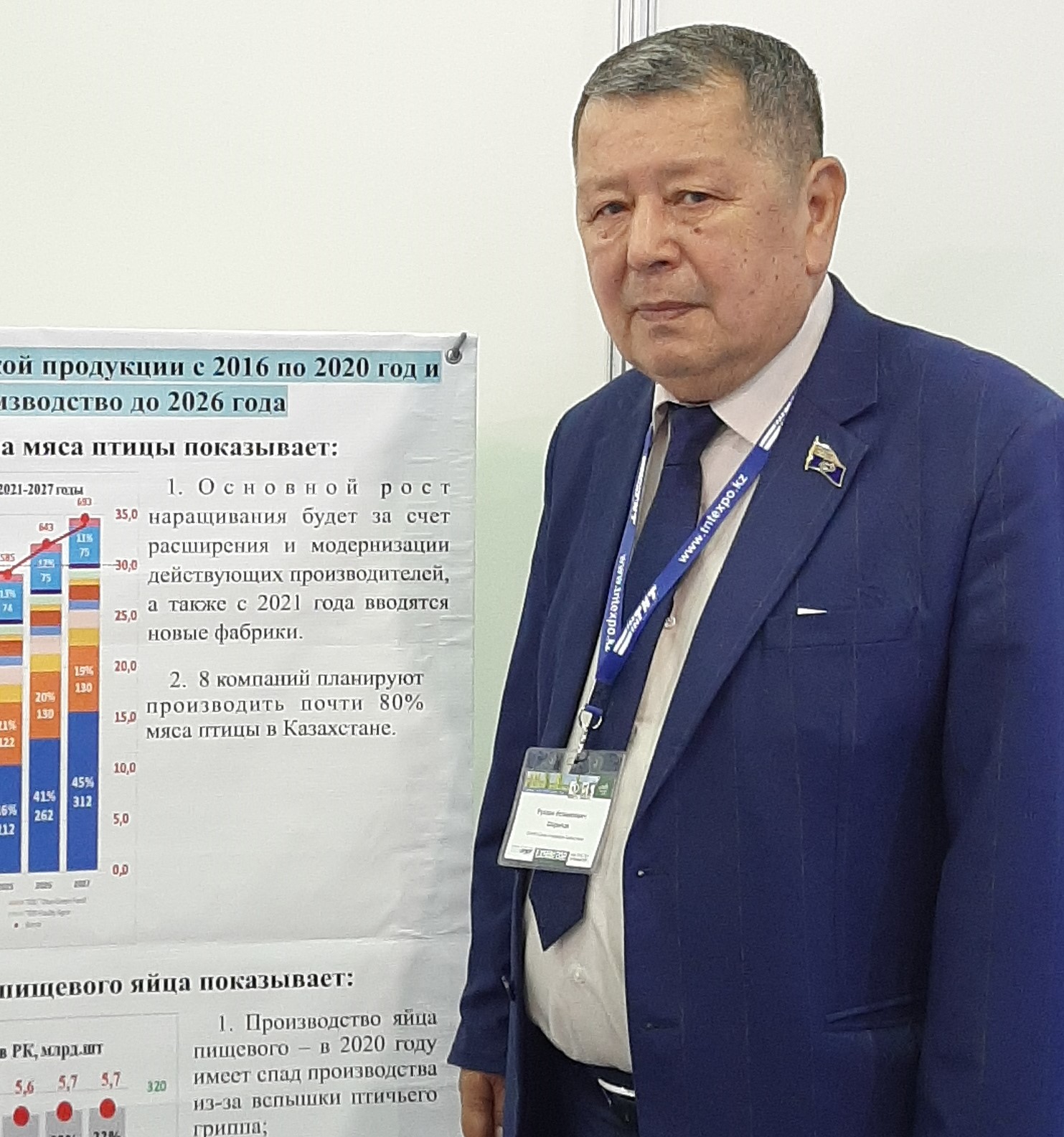 - Ruslan Ismailovich, I would like to start with a question that worries almost all people in Kazakhstan. Why do we observe the same picture every year, when prices for eggs not just go up in winter, but skyrocket? This year was an anti-record, in our opinion.
- Ruslan Ismailovich, I would like to start with a question that worries almost all people in Kazakhstan. Why do we observe the same picture every year, when prices for eggs not just go up in winter, but skyrocket? This year was an anti-record, in our opinion.
- I agree. There are several factors contributing to the price increase. This year it was first of all connected with the consequences of bird flu, because of which the poultry farms lost a lot of birds. In addition, feed prices went up. If three years ago a ton of mixed fodder was bought for 40 thousand, now it costs more than 90 thousand. The price has increased by 2.5 times. And up to 70% of the cost of poultry production is based on fodder. If the feed is cheap, then poultry meat and eggs will be cheaper. There are many reasons for this, including fuel, prices for which are constantly fluctuating. An important factor was also a decrease in the volume of subsidies for eggs. The state used to pay 3 tenge, but now producers get only 1.5 tenge per egg. All this leads to higher prices. But price rises are usually seasonal, for example, now poultry farms, including large factories, are forced to sell eggs below production cost.
- What is the reason for this?
- As soon as it starts to get warmer, apart from large industrial factories, private farms start to produce eggs. Poultry farms are also competing with producers from neighboring countries. Due to the oversupply of products, the demand for them falls, respectively, and the price decreases. Due to small shelf life small farms have to sell for the price that is lower than production cost. This also applies to poultry farms. They are also forced to sell products at a low price, which does not cover the cost of the enterprise. There is no sale, so now the selling price ranges from 15 to 20 tenge per egg, while the cost price is around 30 tenge. However, there are those who make good money on re-purchase. These are stores. They buy cheap and sell at a higher price. In any store today, one egg costs 50-60 tenge. Just the other day I drove around the stores in Astana, there the price is 2-3 times more expensive. In Atyrau, Almaty, the same picture. When the poultry farms raised the price in winter, the middlemen also raised the price and are still holding it. Producers strive to compensate at any cost for summer losses in winter and autumn.
- How many poultry farms work in the country? What is their production volume?
- There are 57 poultry farms in Kazakhstan. Among them, there are small ones, producing from 20 million eggs, and large industrial ones, producing up to 300 million eggs and up to 2,000 tons of poultry meat. There are 11 breeding farms. In 2020 the volume of poultry meat output was 235 thousand tons and eggs - 5 billion 200 million eggs. This year, we expect to produce more than 250 thousand tons of meat. Our products are exported to Kyrgyzstan, Uzbekistan, Russia, Tajikistan and Afghanistan. I must say, the demand for Kazakhstani products is very large. Importing countries are attracted by the quality of wheat - GMO-free, natural, clean feed used for birds and compliance with halal standards.
- Ruslan Ismailovich, this is certainly good. But what prevents us from providing our domestic market with products?
- Indeed, our companies are not yet able to fully provide the domestic market with Kazakhstani products. There are very good reasons for that, the main one being lack of our own breeding base. Kazakhstan has no breeding reproducers of first order - companies which produce parental forms from parent flock. Only large poultry farms can afford them on their own base. We have only second-order reproducers, which produce the final hybrid from the parent flock of poultry. From this follows other reasons that hinder the development of the industry - we import breeding poultry from foreign countries. Equipment, vitamins are also foreign. We don't produce anything at our own enterprises. Everything is bought for foreign currency, which is always unstable and leads to huge costs.
- What can we do to stop importing?
I repeat once again, we need to create our own breeding base. Under the Soviet Union we had breeding reproducers of the first order, hatchery stations. These stations started hatching eggs in spring. We had our own broods, ducks, breeds of laying hens. When the Soviet Union collapsed we lost everything. Now we buy them from others. Many of our neighbors have gone far ahead. Take Uzbekistan. The president recently signed a decree to provide each family with 100 head of chicks. So that families could feed themselves and sell their produce. Tax breaks and fodder concessions have been introduced, and conditions are being created. Our industry also needs support. As I said at the beginning of our conversation, they cut subsidies by 50%, from 3 tenge to 1.5 tenge. We need to bring them back. There are no subsidies for fodder, which, as I said, accounts for 70% of the cost of eggs and is growing every year. We need to consider this issue as well. But I want to say that despite all the difficulties, we intend to develop the industry to refuse imports and provide our market with 100%. This year we adopted a programme to develop poultry farming until 2027. Over these years, production should increase step by step. The main growth will be achieved through the expansion and modernization of existing producers and the opening of new poultry farms. The plans are to produce more than 800 thousand tons of poultry meat and 7 billion eggs. Let us hope that the situation with government support will change and we will reach our targets.
P.S. To remind, the other day the President of the Association of egg producers Maxim Bozhko also voiced pressing issues of the industry. In particular, he raised the problem of providing working capital for the purchase of feed by poultry farms on the security of the purchased grain in the autumn, when the feed is much cheaper. The speaker also spoke about the need to return subsidies for eggs to the previous level. The problem of subsidizing the vaccination of industrial laying hens against avian influenza, which has not yet been approved by the Ministry of Agriculture of the Republic of Kazakhstan, was also mentioned.






































 - Ruslan Ismailovich, I would like to start with a question that worries almost all people in Kazakhstan. Why do we observe the same picture every year, when prices for eggs not just go up in winter, but skyrocket? This year was an anti-record, in our opinion.
- Ruslan Ismailovich, I would like to start with a question that worries almost all people in Kazakhstan. Why do we observe the same picture every year, when prices for eggs not just go up in winter, but skyrocket? This year was an anti-record, in our opinion.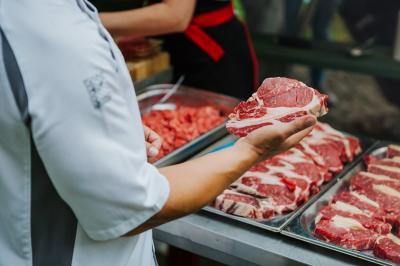
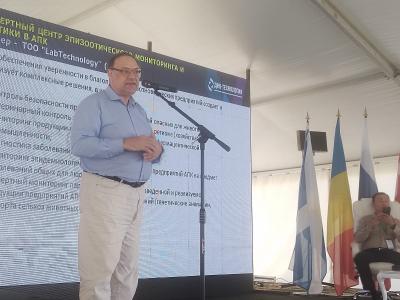

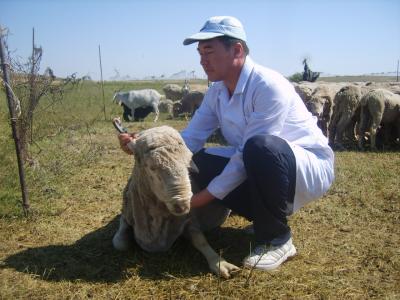
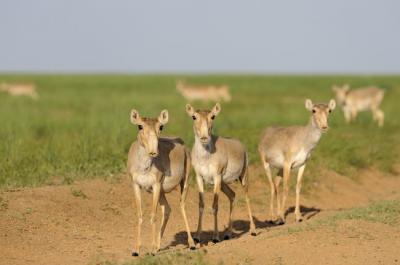

Обсуждение